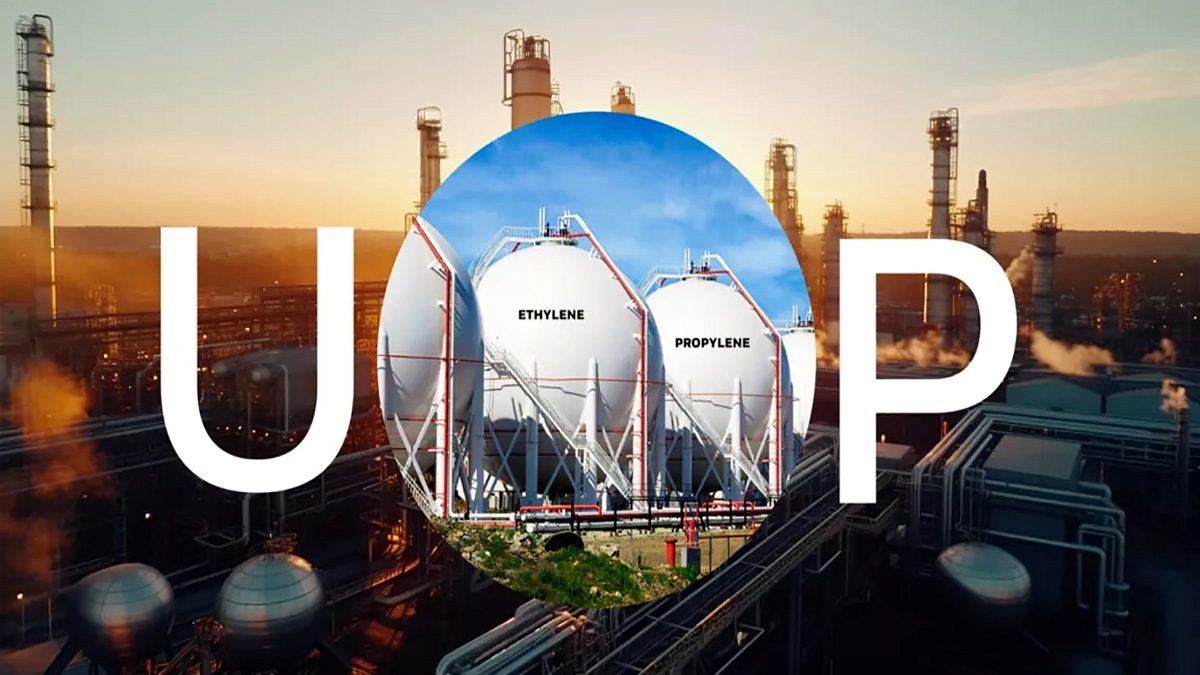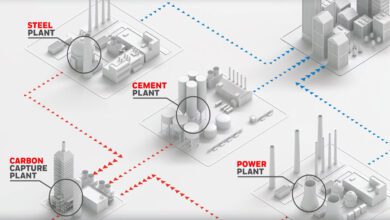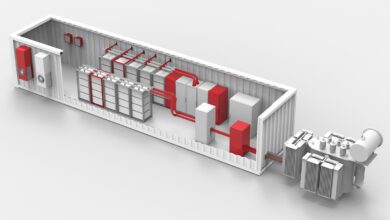Honeywell has introduced a revolutionary new Naphtha to Ethane and Propane (NEP) process, set to transform the efficiency of light olefin production while significantly reducing CO2 emissions. This innovative technology promises to enhance the production of ethylene and propylene, crucial petrochemicals utilized in the manufacturing of various chemicals, plastics, and fibers.
The NEP technology allows for the conversion of naphtha and/or LPG feedstocks into ethane and propane, the ideal feedstocks for ethylene and propylene production, respectively. In a typical NEP-based olefin production complex, ethane is directed to an ethane steam cracking unit, while propane is channelled to a propane dehydrogenation unit. Compared to traditional mixed-feed steam cracking units processing the same quantity and composition of feedstock, the NEP approach generates higher-value ethylene and propylene while reducing the production of lower-value byproducts. This results in a significant increase in Net Cash Margin, ranging from 15 to 50%.
Additionally, an NEP-based olefins complex can reduce CO2 intensity per metric ton of light olefins produced by 5 to 50% compared to a traditional mixed-feed steam cracker. This marks a considerable step forward in reducing carbon emissions within the petrochemical industry, aligning with global efforts towards energy transition.
Matt Spalding, Vice President and General Manager of Honeywell Energy and Sustainability Solutions in MENA, highlighted the importance of this technological breakthrough. “The petrochemical industry faces strong competition and challenges in obtaining raw materials globally,” said Spalding. “Our technology helps to enable more efficient production of ethylene and propylene, two chemicals which are in high demand, while also helping our customers lower their carbon emissions.”
The NEP process is part of Honeywell’s Integrated Olefin Suite technology portfolio, the first of its kind in the industry. This portfolio offers differentiated solutions aimed at enhancing the production of light olefins, catering to the growing demand for efficient petrochemical solutions worldwide.













